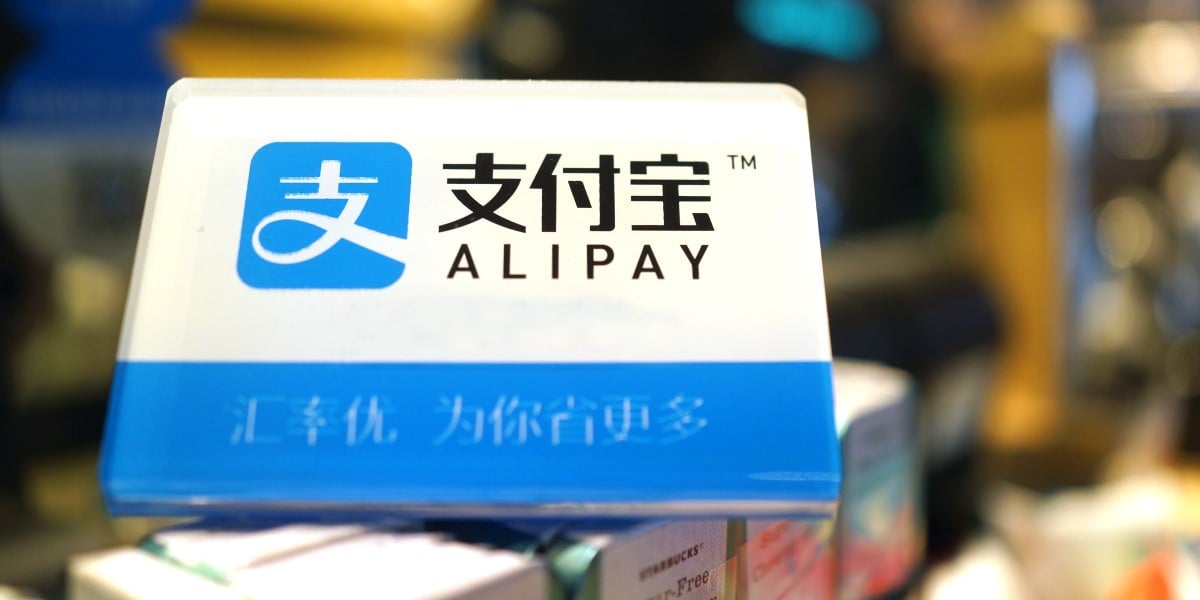China’s main payment systems, Alipay and WeChat Pay, eased access for foreign users on Friday, a day after Beijing issued new guidelines for its payment industry.
Scan-to-pay platforms are ubiquitous in China and the biggest players – Alibaba’s Alipay and Tencent’s Weixin/WeChat – last year allowed users outside China to back their accounts with Visa, Mastercard, and other international credit cards.
Previously, a Chinese bank account and phone number was needed to use the payment apps, making it difficult to pay for almost anything in a society where contactless payment is the norm.
But as of last Friday, Alipay allows foreigners to spend up to $2000 a year without needing to register an ID. WeChat Pay users can also use their international bank cards without providing “complete information.”
The duo have also increased single transaction limits from $1,000 to $5,000 and lifted cumulative transactions from $10,000 to $50,000, at the direction of the People’s Bank of China.
Those changes followed a Thursday release of guidelines by the General Office of the State Council, which has decided it is time to clear away obstacles for payments cross-border payments to help and nurture China’s involvement in the global economy.
According to the Council: “Achieving seamless domestic and international connections are necessary to optimize the business environment” and “intrinsic to promoting high-level opening up to the outside world.”
The Council’s guidelines, titled Opinions on Further Optimizing Payment Services and Improving Payment Convenience, urged the acceptance of overseas bank cards in a variety of settings – from utility payment to medical and tourist attractions as well as the upgrade of payment facilities. It also stressed the need for businesses to accept cash.
Zhang Qingsong, deputy governor of the People’s Bank of China, stated those that do not accept cash could be subject to investigation and subsequent penalties.
Zhang claimed the current system creates a “digital divide”, as groups such as the elderly still prefer cash payments and feel inconvenienced while foreigners are not familiar or adapted to the current domestic payment environment.
China’s economy has underperformed in recent months, achieving lower-than-usual 5.2 percent growth in gross domestic product.
Tourism could be one way to boost growth, as could better integration into the global economy.
China also set wider acceptance of its biggest businesses and tech platforms on the international stage as goal during last week’s 14th National Party Congress earlier this month.
Alibaba and Tencent are both flagship companies. If their respective payment systems become more accepted and prominent around the world, it could serve both, and Beijing, very well. ®

Alex Mitchell is your go-to expert for all things mobile. With a passion for the latest smartphones, apps, and mobile innovations, Alex provides in-depth reviews, insightful analyses, and breaking news about the ever-evolving world of mobile technology. Stay connected with Alex to navigate the fast-paced realm of mobile devices.


